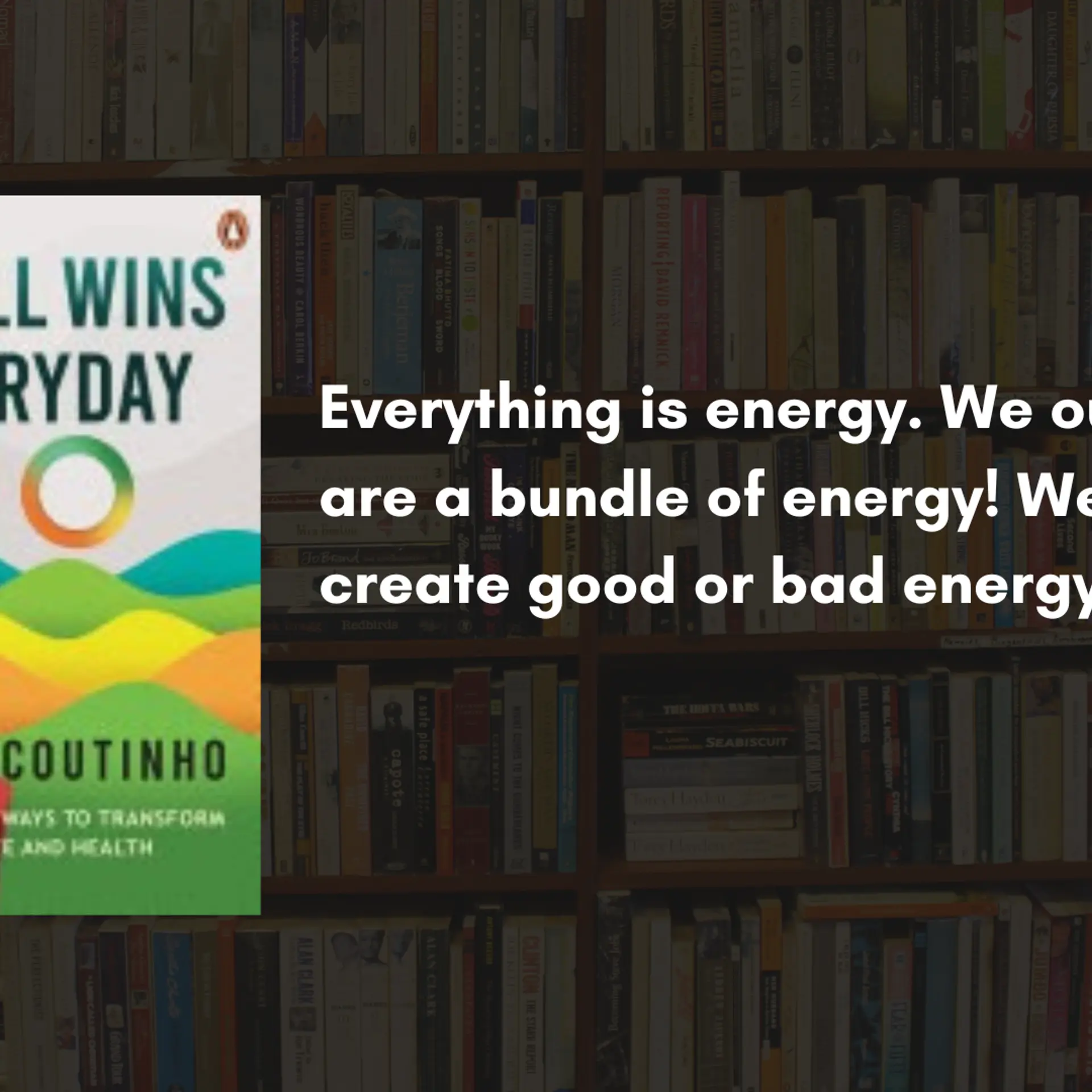From healing with sports, water-resilient cities to reducing plastic—our top social stories of the week
In our Catalysts of Hope series, we bring you uplifting, inspiring and impactful stories of change.
When Seetharam Muthangi’s eldest sister developed diabetic retinopathy—an eye condition that causes blindness in people with diabetes, the doctors couldn’t do much and she lost her vision.
The IIT-Kanpur graduate then got the idea for Smart Vision Glasses to help people with vision impairment make their daily activities less tedious.
His invention is an assistive device attached to the side of the eyeglasses and equipped with a camera, Lidar tech, a Bluetooth microphone, and a small speaker to help the user read, navigate, and recognise objects.
It works for people who suffer from visual impairments including congenital blindness, diabetic retinopathy, macular degeneration, severe glaucoma, retinitis pigmentosa, or colour blindness, or those whose vision is lost in accidents.
Earlier this year, Muthangi's Smart Vision Glasses won the Aarohan Social Innovation Awards instituted by the Infosys Foundation.
Making cities water-resilient
In Chennai, which often suffers from heavy floods followed by successive droughts, a team of experts from the Dutch government in partnership with the city, UN-Habitat and Resilience Cities Network, the UN high-level panel on water, and a few NGOs have offered a unique solution—‘The City of 1000 Tanks’.
The project was piloted at the Little Flower Convent for visual and hearing-impaired children where three key challenges were observed—sewage overflow, floods during monsoons, and drought during summer months.
To address this, the multidisciplinary team put together a project that treated 27,500 litres of water per day, generated by wastewater collected from 300 residents. It did this through two underground anaerobic tanks rich with micro-organisms that work on the wastewater to achieve 80% of treatment capacity.
Child cancer survivors reclaim life through sports
Until a few years ago, Jayden Dmello’s routine was fixed— he spent most of his time in bed, stepping out only for chemotherapy and review sessions. He was diagnosed with Wilms Tumour, a form of kidney cancer.
Today, he has a busier lifestyle than most kids in his neighbourhood in Santa Cruz, Mumbai. He's up by 6 am to play football and spends the next 12 hours at school, and practising rifle shooting at Prabodhankar Thackeray Krida Sankul before returning home for dinner. #
Like him, 65 child cancer survivors have represented India at the World Children’s Winners Games in Moscow, Russia. The global sports competition for children was held for children who completed their treatment for an oncological disease and aims to build self-esteem, health and recovery in pediatric cancer survivors through the power of sports. They participated in the event thanks to Tata Memorial Hospital’s collaboration with the games.
Reducing plastic footprint
The Disposable Company, founded by Bhagyashree Bhansali in 2020, helps brands reduce their plastic footprint by recycling an equivalent amount of plastic waste from the Ghazipur landfill.
Collaborating with 100 rag pickers and waste segregators, the startup provides safety gear and incentives to workers. It also educates brands on sustainable packaging, assesses their plastic usage, and recovers plastic waste from landfills for recycling.
The Disposable Company presently works with 65 brands, recycling 45,000 kg of plastic waste every month, and plans to expand into the UK and Singapore markets and collaborate with 1,000 brands.
Meanwhile in other socially relevant news…
Three college students have turned teachers for 35 school children displaced due to ethnic clashes in Manipur at the Chimgu Thangjing guest house, which houses 280 inmates.
According to a report by The Times of India, Ranjana Moirangthem, Leisemba Konjengbam and Gautam Philem—college students who faced violence—started teaching children at relief camps a few months ago to ensure their education stays on. They are also taking remedial classes for the Class 10 students who failed their board exams and have to appear in the compartmental exam.
Eight volunteers have been teaching at seven relief camps in Moirang and Thanga of Bishnupur district, along with support from Seva Bharti, Manipur and Akhil Bharatiya Vidyarthi Parishad who have been supplying stationery items and clothes for students.
Schools in Manipur first reopened in early July for classes 1 to 8, after a gap of two months since the violence broke out. The contribution of these college students goes a long way, as out of 4,617 schools, 96 could not function due to relief operations.
Srinagar tea seller takes care of ailing mother
Farooq Ahmed has been selling tea at his small roadside stall in the Court Road area of city centre Lal Chowk for the last 17 years. He got his younger brother married a few years ago but he decided to live separately. Farooq got married some years ago but his marriage did not last long.
According to a report by The New Indian Express, Ahmed brings his mother—who struggles with various health issues—in a wheelchair to his tea stall every morning at 7. She remains with him throughout the day until he finishes his work and leaves for home.
In winter, Farooq has to carry extra woollens and kangri (local firepot) to keep her mother warm.
“By bringing her daily to my tea stall, I try to ensure that she stays close to me. Besides attending to the customers, I try to keep her engaged in talks so that she does not feel lonely. I try to comfort her in every possible way at the tea stall,” he says.
Edited by Kanishk Singh






